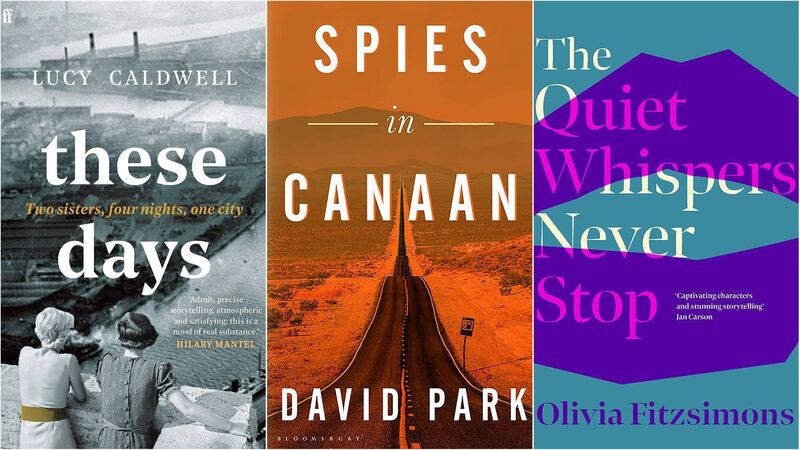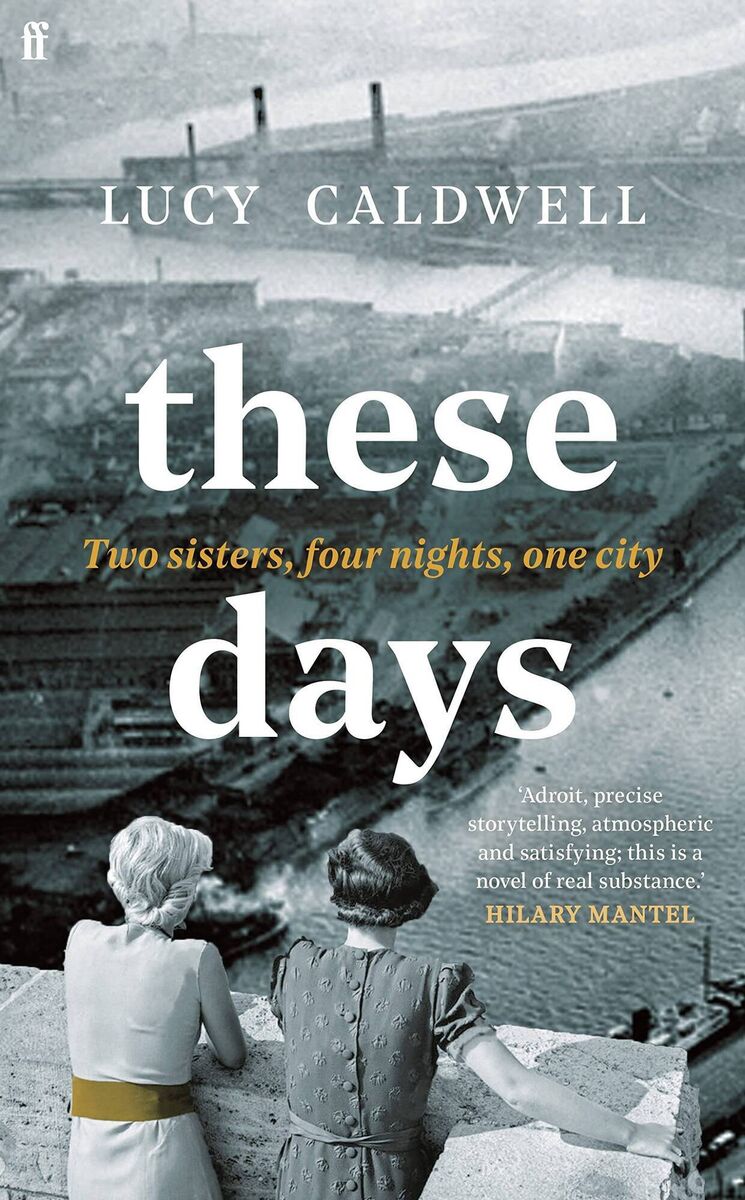The best books of 2022 from Irish writers

Three of Sue Leonard's favourite books from Irish authors this year

Try from €1.50 / week
SUBSCRIBE
Three of Sue Leonard's favourite books from Irish authors this year
These Days by Lucy Caldwell Faber, €18.20/ Kindle, €9.24

Already a subscriber? Sign in
You have reached your article limit.
Annual €130 €80
Best value
Monthly €12€6 / month
Introductory offers for new customers. Annual billed once for first year. Renews at €130. Monthly initial discount (first 3 months) billed monthly, then €12 a month. Ts&Cs apply.
Newsletter
Music, film art, culture, books and more from Munster and beyond.......curated weekly by the Irish Examiner Arts Editor.
Newsletter
Music, film art, culture, books and more from Munster and beyond.......curated weekly by the Irish Examiner Arts Editor.
© Examiner Echo Group Limited